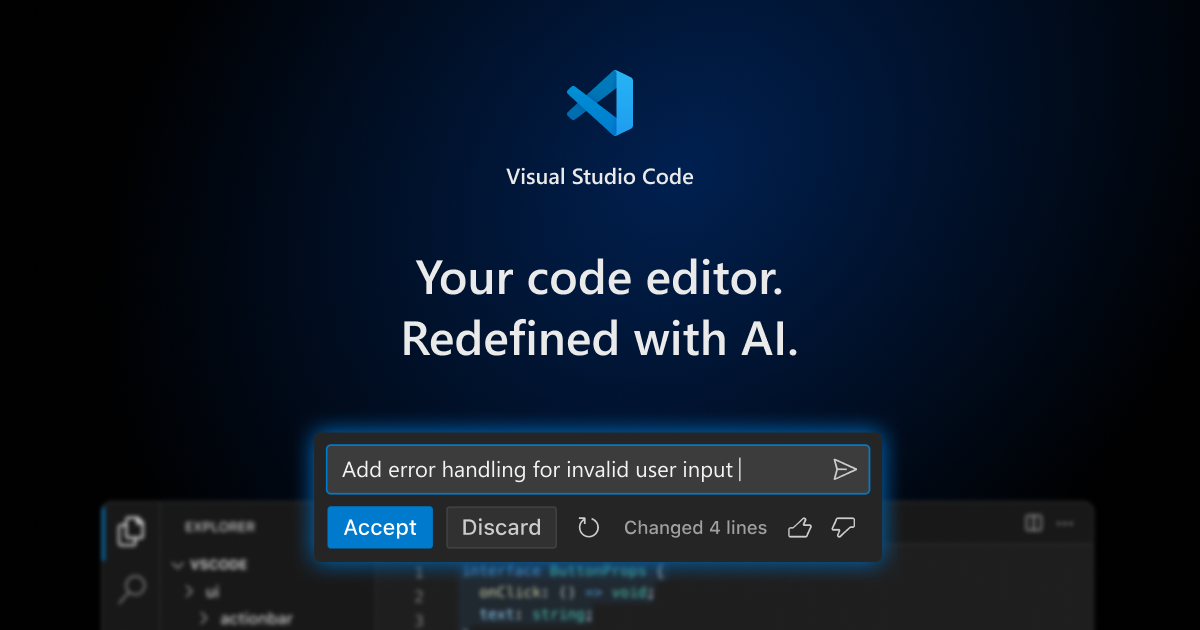
Don't dawdle.īefore using the DirectShow library, you must first build it.

These are both hefty downloads, by the way. This alone was confusing, but then it took a bit of sleuthing to determine that you actually need both the Windows Platform SDK and the DirectX to build the DirectShow library. Recently, Microsoft decided to move their DirectShow code from the DirectX SDK into the Windows Platform SDK.
#Visual studio 2003 download install#
#Visual studio 2003 download software#
Merely figuring out what software to download from the Microsoft site was a bit of a challenge, and once I had the relevant software development kit (or, actually, kits), it was still a slog to get the code in a useful state. How hard could it be?Ī bit harder than it ought to be, as it turns out.

My plan-of-attack: I would find an existing application of the CTransformFilter baseclass, gut it, so to speak, and add my own image processing. DirectShow is a framework and API for handling media files, like audio and video it has a nifty Pipes And Filters architecture. In the end, I decided that the path of least resistance was to employ DirectShow, which is a part of DirectX (at least, it used to be). Not knowing a thing about multimedia under Windows, I had to spend a few hours reading about media APIs (DirectX, VideoLan, etc). Recently, I had to write some Windows multimedia code-the idea was to build an extension to a media player with a bit of custom image processing. Building a DirectShow Code Sample in Visual Studio.


 0 kommentar(er)
0 kommentar(er)
